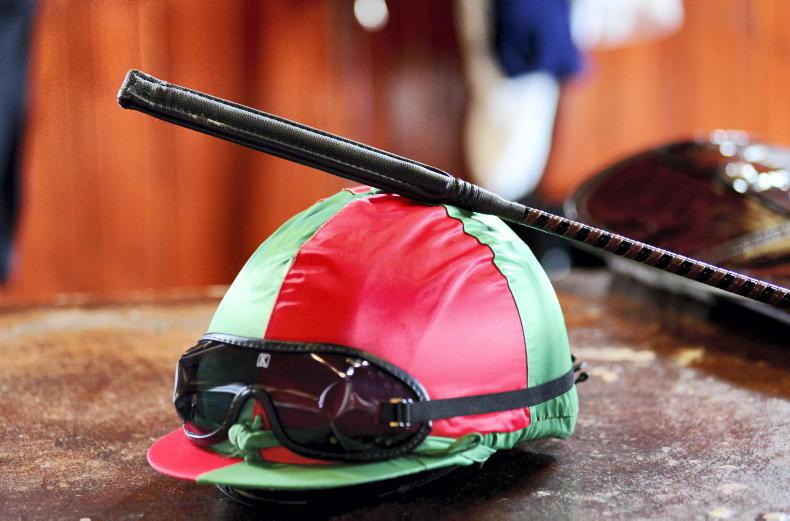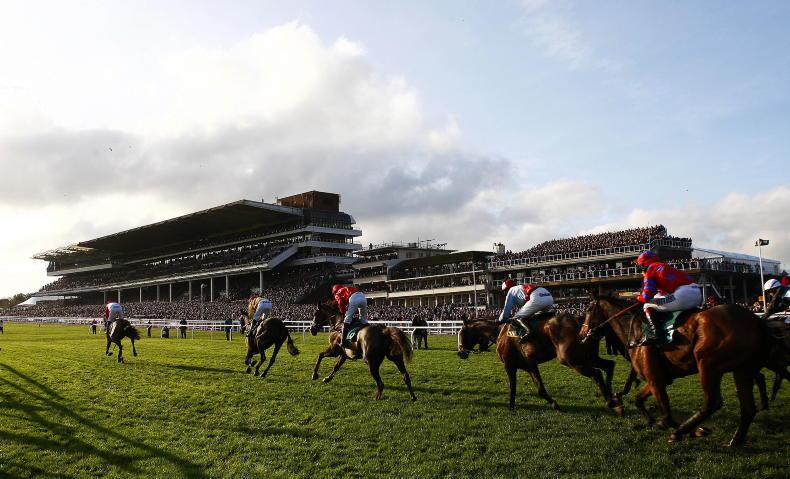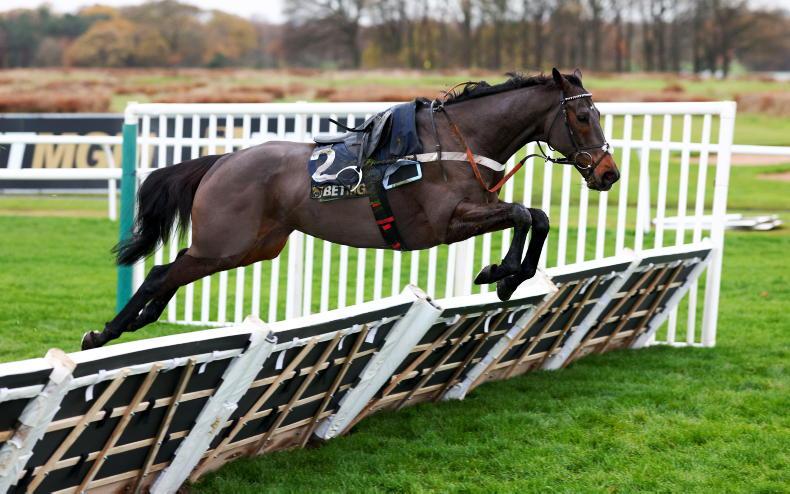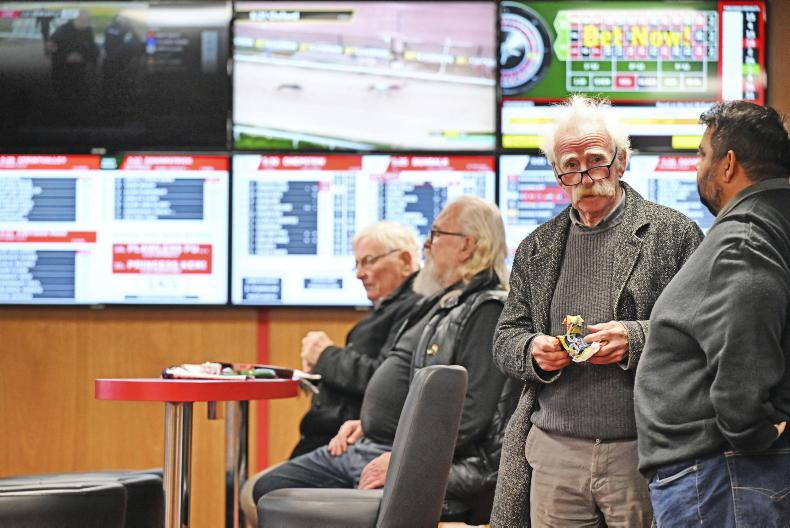FORCING Irish jockeys to change their riding style in order to adapt to new British whip rules has been described as “almost asking the impossible” by Irish Jockeys Association secretary Andrew Coonan, as the sport braces itself for the rollout of controversial rule changes in Britain on Monday.
With a little over a month to go to the Cheltenham Festival, the timing of introducing significant rule changes has been criticised this week by some of racing’s biggest names such as Gordon Elliott and Willie Mullins, who labelled the move “a shooting-yourself-in-the-foot job”.
Multiple Grade 1-winning rider Sean Flanagan believes an increase in whip-related offences at the marquee meeting could look “horrendous” in driving negative publicity around the sport.
Under the British Horseracing Authority’s amended regulations, use of the whip above shoulder height will be prohibited and the number of strikes reduced to a maximum of six times in a flat race and seven times in a jumps race (down from seven and eight respectively).
Yesterday (Friday), the BHA moved to assure riders that a recent four-week bedding-in period for the new rules has led to a refinement in the nature of how rides are assessed, ensuring the rules and guidance “are being applied proportionately” by the stewards and Whip Review Committee.
However, Coonan expects Irish-based jockeys, who have not had a bedding-in period, will be at a “significant disadvantage” when competing at Cheltenham next month.
“To ask a rider to change their riding style, whether they be a jockey, event rider or show jumper, is a difficult thing to do. To ask them to do that in the space of a month is almost asking the impossible,” Coonan told The Irish Field.
“We see in the UK that they’ve had a bedding-in period since just after Christmas and the riders still haven’t fully been able to adjust. It creates a significant disadvantage for Irish riders going to Cheltenham. The Irish riders will clearly be very conscious of these significant penalties.
“We’re looking for the BHA to come back to us with some sort of recognition for the difficulty that this has created for riders, and to work with the riders to address those concerns.”
A meeting between the BHA and Irish jockeys on the topic at last weekend’s Dublin Racing Festival failed to bring complete clarity surrounding the whip, according to Cheltenham Festival-winning jockey Flanagan, one of the most experienced jockeys in the Irish National Hunt weighing room.
Like British riders, all Irish jockeys will be required to complete a mandatory education module before riding in Britain.
“To us as Irish riders, it feels as though it’s still very vague as to exactly what the rules are,” Flanagan told The Irish Field.
“For example, you can’t raise your stick above your shoulder, or push it out too far. When there are close finishes at Cheltenham where a horse is right beside you, will it count as a breach if you raise your arm above your head in order to get over the jockey beside you, so that you can make contact with your horse in the correct place?
“It wouldn’t be raising your arm above your shoulder to gain force, but solely to avoid hitting the rider beside you. It’s a question I raised the other day at Leopardstown and it seemed they weren’t really sure. We need clarity. To me, it looks like they are having a bedding-in period while not fully having explored the full ins and outs of the rules.”
He added: “It’s going to be very hard for jockeys. Whatever about riders in the UK, who have had the time to work through these things in the bedding-in period, we are expected to abide by these rules from day one without us fully knowing what they are.
“In terms of the timing, I think if you were looking to generate negative headlines around the whip, this is exactly how you would do it. You would wait until just before the biggest meeting of the year to enforce new rules, leaving the potential for the number of whip-related offences to increase significantly compared to previous Cheltenham Festivals.
“When the number of whip breaches are reported this year, it could well end up looking horrendous in terms of a big increase on previous statistics for Cheltenham.”
Coonan said another meeting between BHA officials and Irish jockeys is scheduled for March 8th at the Irish Horseracing Regulatory Board’s offices, while the British authorities will send video clips to the Irish Jockeys Association so riders can study what constitutes a breach of the rules.
It was also revealed this week that French racing authorities will reduce the number of strikes permitted from five to four in both flat and jumps races, beginning May 1st.


 This is a subscriber-only article
This is a subscriber-only article
 It looks like you're browsing in private mode
It looks like you're browsing in private mode











SHARING OPTIONS: